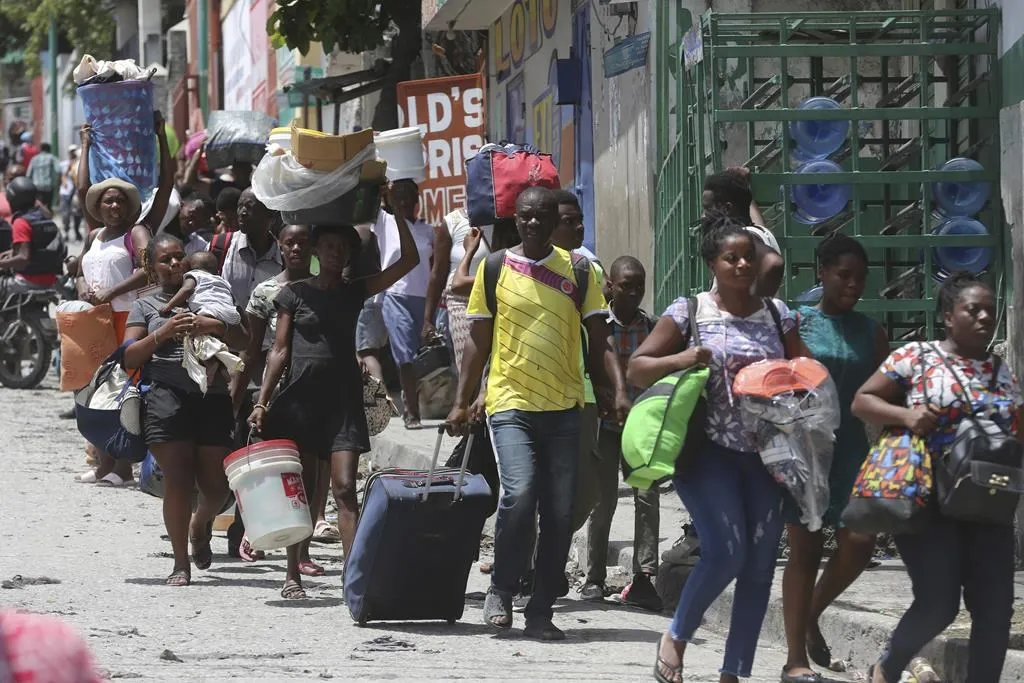
Gangs are invading Haiti’s rural central region, suffocating a once peaceful area that served as the country’s food basket but that is now plagued by kidnappings, killings and rapes, according to a U.N. report released Tuesday.
Only a handful of powerful gangs operate in Lower Artibonite, a region located north of the Port-au-Prince capital, but they have laid waste to numerous communities with sparse police presence and a lack of basic government institutions, said the U.N. Human Rights Office of the High Commissioner.
“A climate of fear reigns in Lower Artibonite, where murders, sexual violence, theft, destruction of property and other abuses are committed against the population on an almost daily basis,” the report stated.
Gangs also have stolen crops and livestock, blocked irrigation systems and attacked agricultural lands, forcing impoverished farmers to pay for access, the U.N. said.
The U.N. said the situation in central Haiti requires a swift response as it expressed concern about the delay in the deployment of a Kenya-led foreign armed force, which was approved last month by the U.N. Security Council to help the Caribbean nation bring gang violence under control.
“The consequences are disastrous for the populations affected but have provoked far too little reaction from national authorities and international actors,” the report said. “The longer it takes to deploy a specialized international force, the more robust the response will have to be.”
Earlier this month, a court in Kenya extended a block on sending police to Haiti even though Parliament has already approved the deployment.
The U.N. also recommended the deployment of more police to Artibonite, salary increases for police and justice officials and sanctions on those who finance and support the gangs.
It noted that self-defense groups have formed in the absence of law enforcement in Lower Artibonite, traveling mostly by foot and armed with machetes and knives as they hunt for suspected gang members as part of a civilian uprising known as “bwa kale” that began earlier this year.
Overall, the movement has killed more than 400 people, 11% of those in Artibonite, according to the U.N.
“In the past, lynchings could be mitigated or even controlled by local, police or judicial authorities,” the report stated. “This is no longer the case, given that these institutions are virtually no longer functional or present in the areas where they occur.”
But the gangs remain undeterred, and police are no match.
Gangs have set up ambushes on the sole main road that leads from the capital north to Artibonite and launched multiple attacks on judicial and police institutions. In one incident, they killed seven police officers in the central town of Liancourt in January, sparking police protests in Port-au-Prince and beyond.
“Some police officers even attempted to invade the international airport runway and the prime minister’s residence,” the report noted.
Gangs also have raided villages controlled by rivals, with more than 100 attacks reported in 17 communities from January 2022 to October 2023, with nearly 300 people killed, including a couple in their 80s slain inside their home, the report said.
More than 1,100 people also have been kidnapped during that period, with gangs beating victims with baseball bats or burning them with plastic wax, the U.N. said. Women and children also are sexually assaulted, it added.




